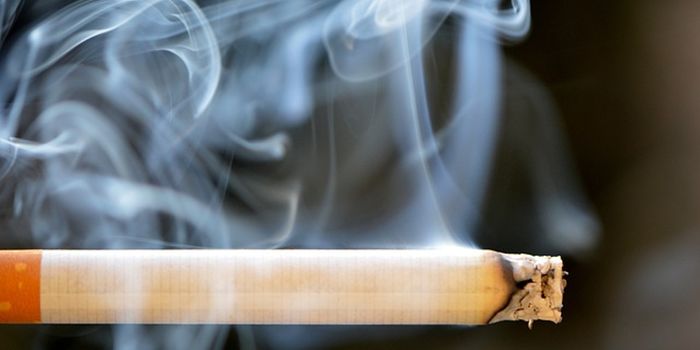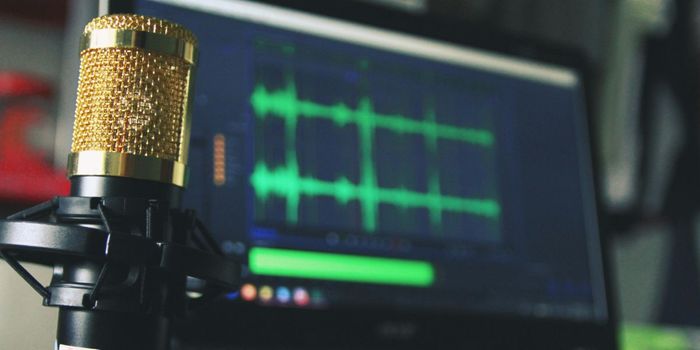Maybe Women Shouldn't Eat the Placenta
If any new moms out there have reservations about whether or not to consume the placenta after birth, a newly published medical review provide a simple recommendation: Don’t do it.
Placenta eating has become a popular some new moms. Placentophagy, or the act of consuming the placenta after birth, is not uncommon in the animal kingdom. Animals like goats, buffalos, dogs, all consume the placenta shortly after giving birth to their young. For these animals,placentophagy is driven by need for nutrients after the stress of birth. Some scientists also theorize that by eating the placenta, the vulnerable animal is removing traces of blood that could otherwise be a trail for preys. But for humans, what’s the benefit of eating the placenta?
Because the placenta contains hormones like prostaglandin and oxytocin, some people believe consuming the organ will alleviate postpartum depression or increase milk production for their baby. In some cultures, the placenta may be eaten raw or cooked into other foods. In the US, the more popular method is to dehydrate, heat, and encapsulate the placenta into pill form. But whichever form placentophagy takes, there is scant evidence that it gives mothers any additional benefits.
Indeed, with data from the few placentophagy clinical trials that exist, the review found no evidence that consuming the placenta had any real benefit to the mother or the baby.
"Don't eat your baby's placenta," said Dr. Amos Grünebaum, a professor of clinical obstetrics and gynecology at Weill Cornell Medical College in New York City, and the study’s senior author. "There are no benefits, and there are potential risks."
Arguably, the greatest risk in placentophagy is infection. This can occur because toxins can accumulate in the placenta during the pregnancy. Ingestion of these toxins not only put the mother at risk, but also the newborn baby, especially if breastfed.
Another source for pathogen contamination is during the preparation of the placenta for consumption. Earlier this year, a baby reportedly contracted group b Streptococcus agalactiae (GBS), the source of which came from contaminated placenta pills consumed by the mother. The case led the Centers for Disease Control and Prevention (CDC) to issue a formal warning against placenta eating.
"What we can say at this moment is that the decision is up to each mother. But we do want mothers and medical providers to be aware that there is a potential infectious risk," said Dr. Genevieve Buser, one of the physicians who treated the baby. "In cases where there is a known communicable disease, or any sign of infection at birth, that could potentially lead to the placenta containing that bacteria, which would then be ingested, and could pass to the baby."
As for why some people endorse placentophagy, Dr. Grünebaum cites financial gains, as each placenta encapsulation process can cost between $200 to $400. "The people who tell women they should eat placentas make good money from it," Dr. Grünebaum said. "It's the same idea as people selling snake oil," he added.
Additional sources: Live Sciences









